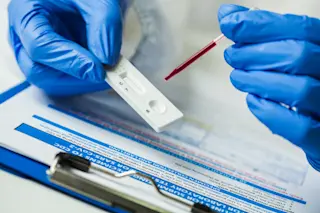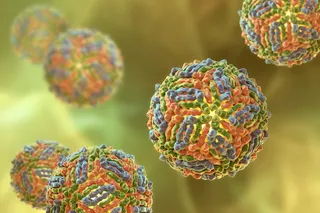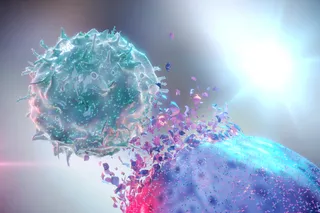The first wave of Covid-19 tests asked, Do you have the SARS-CoV-2 virus right now? But as the world starts to eye an exit from lockdown, it needs tests that can answer a different question: Did you have the virus in the past? If so, a person should have antibodies: proteins in the blood that will recognize and grab onto the virus if it comes back, and — hopefully — block reinfection.
Testing for antibodies could answer key questions about the virus, helping epidemiologists track exposures and potentially leading to the issuing of “immunity passports” for people who’ve beaten back the infection and can return to work. “I think you’re going to see [antibody testing] explode,” says allergist Mitchell Grayson, chief of allergy and immunology at Nationwide Children’s Hospital and Ohio State University in Columbus.
But even though it’s likely that someone carrying antibodies to SARS-CoV-2 would be protected from ...














